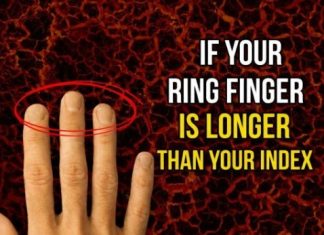Kerolay Chaves, a 21-year-old model and influencer from Brazil, says she was recently asked to leave a supermarket in her hometown of Belo Horizonte because of what she was wearing. She claims she had on denim shorts, a white crop top, and flip-flops. Staff told her her outfit was “too revealing,” and after some customers made comments, she says she was kicked out. The incident has stirred controversy online, especially among her large social media following.
“Hot Woman Phobia”
Chaves responded to the incident by using a term she feels sums up what she faces often: “hot woman phobia.” The phrase has been used to describe the judgment she believes women receive simply for dressing how they want or for being physically attractive. She said people looked at her with prejudice, cursed at her, then security asked her to leave. She posted about what happened on Instagram, calling it absurd she was treated that way for showing skin.

Reactions from Others
Reactions have been mixed. Some people sided with Chaves, saying what happened reflects broader unfair treatment of women based purely on appearance. They argue she has the right to dress for her comfort and climate without being judged. Others believe that certain outfits aren’t appropriate for all settings, especially stores that serve families. Some voice concerns that the outfit was simply too revealing for a public space.
Cultural and Social Context
This incident sits within a larger conversation about dress, propriety, gender, and public space. Many women report feeling they are policed for dressing in ways perceived as “sexy,” even when their clothing choices are similar to what many others wear in hot weather. The judgment can come from strangers, store staff, or through social media. For Chaves, the experience wasn’t just about being told her clothes were inappropriate—it was feeling like she was being shamed for embracing her body.
What Chaves Says She Felt
Chaves says she felt offended, humiliated, and hurt by the whole situation. In her posts, she described her feelings as being targeted for simply dressing as she wanted. She also said people’s comments—both in person and online—were full of prejudice, insults, and assumptions. She expressed frustration at being judged, and at how little people seemed to understand how something like this can damage self-esteem.
Broader Implications
This story has prompted many to think about where we draw lines for dress codes in public places, and whether those lines are applied fairly. It raises questions about double standards—how men might wear similar or revealing clothes without the same scrutiny, and about who gets to decide what is “appropriate.” There’s also a debate over personal freedom versus community norms. In many places, climate, culture, and local style play big roles in what people feel comfortable wearing.

Final Reflections
In the end, the case of Kerolay Chaves is more than just about denim shorts and supermarket policies. It highlights how appearance, confidence, and societal expectations collide. For many, what looks like a simple shopping trip becomes a moment of shame or judgment. And for others, it’s a moment to demand respect for personal style. Whether one agrees with her outfit choice or not, it’s difficult to ignore the fact that many people feel unfairly judged every day for how they choose to present themselves. Chaves’s reaction reminds us that dignity and self-respect matter, and that feeling good in one’s skin should not be punishable.

















